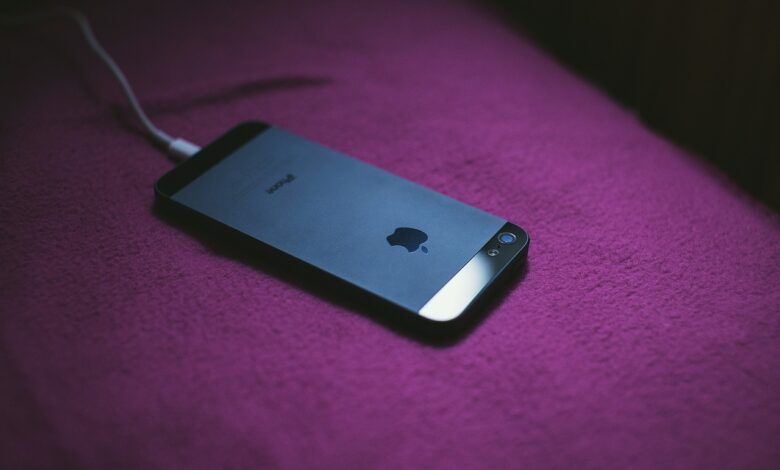PSA: Stop Leaving Your iPhone Plugged In Overnight

We have all gotten into the habit of plugging in our phones before bed every night since the average smartphone only has one-day battery life. It’s possible that you’ll be doing more damage than good, even if you’ll have a full charge by the time you wake up.
Experts have been warning against this for years, but fresh anecdotal data from TikToker @shoandtech shows how damaging this practice can be and, more crucially, how much better your battery life might be if you broke the nightly charging habit.
Shomes claims in the TikTok video that he can “count on two fingers” the number of times he has charged his iPhone 13 Pro Max every night since he purchased it in 2021, when it first went on sale. To everyone’s amazement, his iPhone’s battery is still at 100% when he demonstrates the Settings app’s Battery Health section, where users can see how well (or poorly) their battery is performing.
He then contrasts it with the normal iPhone 13 his wife purchased three months after its release. Even though his wife has been charging her phone overnight and has Apple’s optimum battery charging turned on, the battery life has decreased to 93% in only nine months.
The TikTok then displays an iPhone 12 Pro, which he purchased a year before the iPhone 13 Pro Max, and which is also functioning at full capacity, further proving his claim. Considering the phone is already two years old, that’s quite an achievement.
The TikTok ends with him saying, “So if you care about your battery health, whether for resale or enjoying maximum battery life on a daily basis, then you need to cease charging your iPhone overnight.”
Our phones’ batteries deteriorate with repeated charges for a very basic reason.
Battery University explains in great detail that when your phone reaches 100% charge, it enters a state known as “trickle charge” to keep it fully charged until it is disconnected from power. The problem with this is that it leaves your battery in a high-stress condition for far longer than it needs to be, which eventually leads to the battery dying.
Companies like Apple have implemented features like Optimised Battery Charging in iOS 11.3, released for iPhones in 2018, in an effort to slow down the degeneration of their devices’ batteries. The plan is for your iPhone to spend most of the night at around 80% power and then get a full charge at around the time that you normally get up.
TikTok demonstrates that this method is inferior to charging the iPhone just when necessary, but it is preferable to charging it to full capacity before going to sleep for eight hours. Even if you forget to disconnect it before going to sleep, it will continue charging until you remember.
What are we supposed to do then? You should avoid charging your iPhone for longer than necessary and instead charge it just when you need to use it. The best course of action is to wait until the battery is dead. It’s probably not a good idea to charge your iPhone overnight if the battery is still at 70 or 80% before you turn it in. After all, if it runs low, you can always add some more in the morning, as long as it isn’t left for too long.
It’s important to note that not everyone in the IT sector agrees that leaving a battery charger on a bed overnight is a bad idea. Quora presents a very technical and in-depth conversation among techies that calls the idea into question: “Any gadget that employs a Lithium Ion or Lithium Polymer battery must contain a charging circuit that turns off charging power when the battery reaches 100%.”
It’s difficult to claim that the battery optimization technology is flawless, however, given the contradictory data from Shomes on TikTok and the reality that most of us are probably sitting with less than 100% battery capacity.




